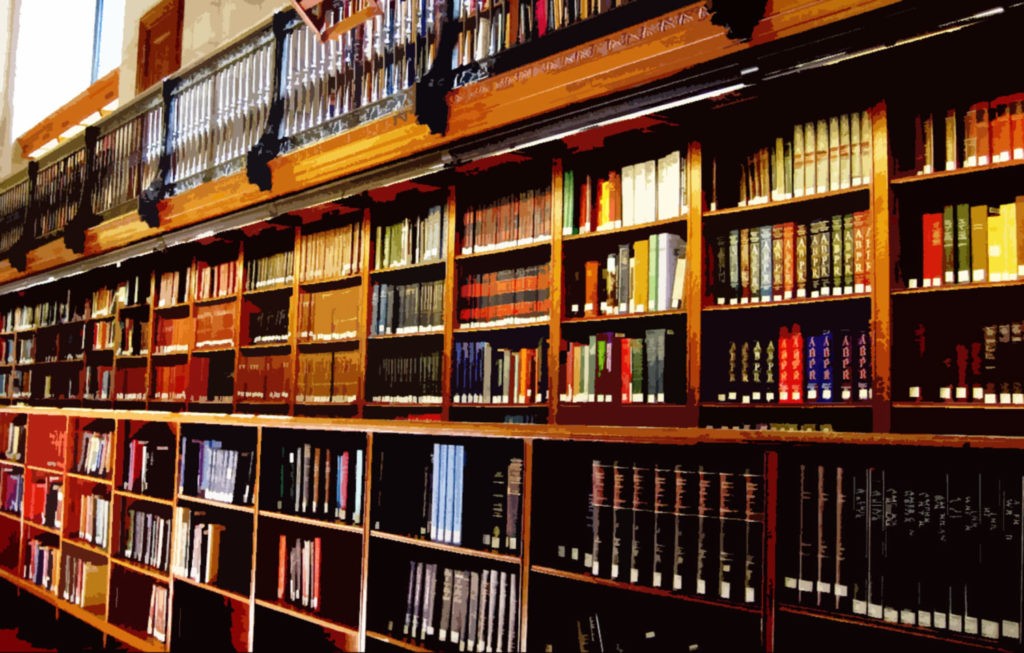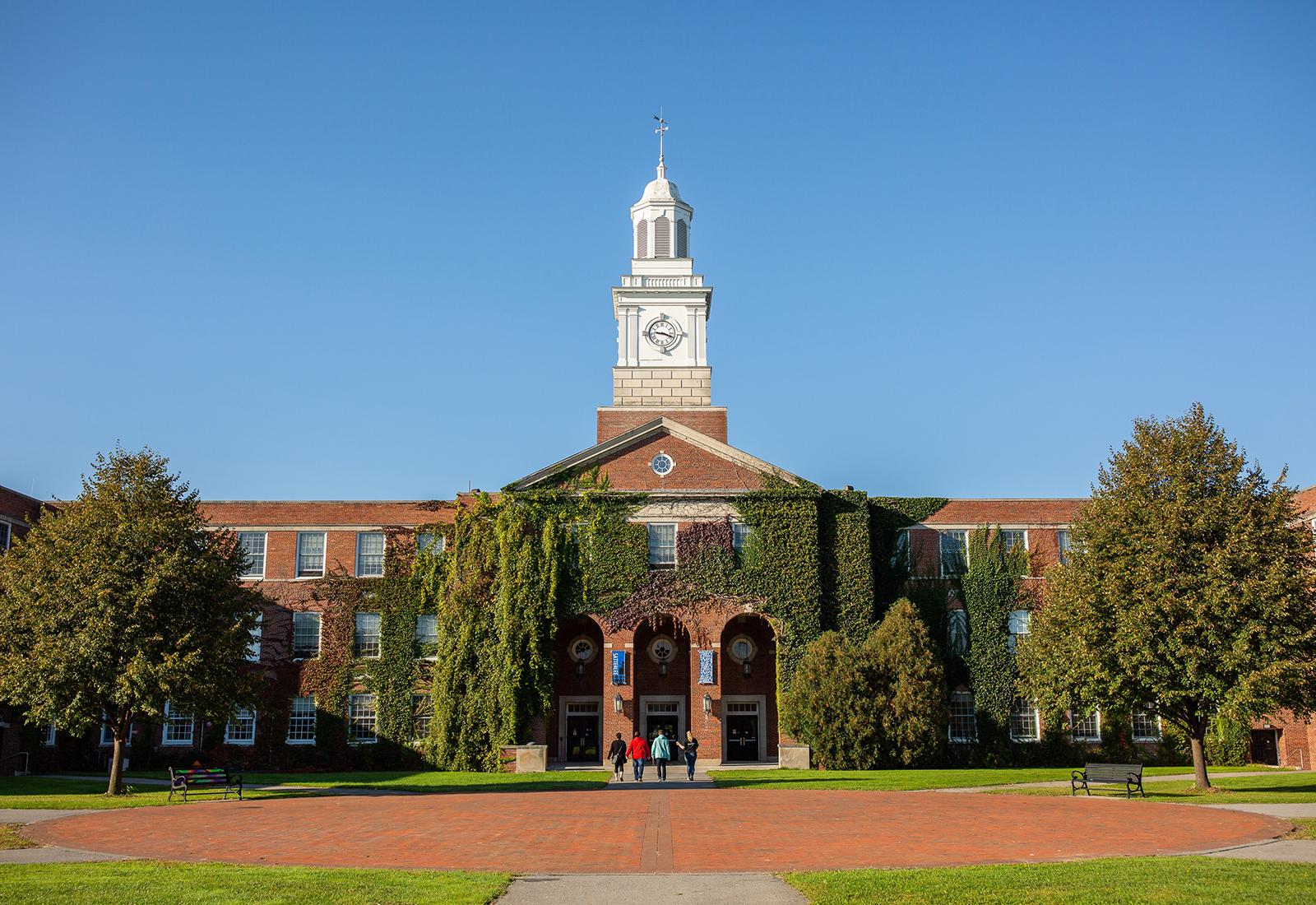Who Was Charlie in Charlie’s Angels?

The man who played Charles Townsend – he was the never-seen answer phone voice – in Charlie’s Angels was John Forsythe. Now he is well into his eighties and enjoying his retirement.
John Lincoln Freund was born in Penns Grove, New Jersey as firstborn to Samuel and Blanche Freund in 1918. John was soon joined by a sister and a brother. He graduated from Abraham Lincoln High School, Bronx, New York when he was still 16 and spent two years at the University of North Carolina. After graduation he found a job as sportscaster for the Brooklyn Dodgers, a dream job for the baseball mad young man. His experience behind the microphone and some work with a children’s theatre company got John thinking about the possibility of taking up acting. His father was not sure about the idea and had always expected that John would take up a more stable career. He intuitively realised, though, that it would be better to support his son rather than reject his choice, although John was not sure himself whether his chosen path would prove to be the right one. Only time would tell.
John Freund became actor John Forsythe as he took on bit parts off- and on-Broadway as well as landing roles in radio dramas. Whilst treading the boards he met fellow actress Parker MacCormick and they married in 1939. Around the time of the birth of their son, Dall, in 1941, John Forsythe was noticed by Warner Brothers who signed him up. Events were moving apace as the Second World War intervened. John was signed up to the Army Air Corps where he appeared in the show Winged Victory
He continued to play several uncredited movie parts for Warner Brothers, including a part in Action in the North Atlantic and another part (a soldier) in Northern Pursuit in 1943. He landed his first credited part later that year in Destination Tokyo, playing a sailor. By now, his marriage was over and he had met Julie Warren and they soon wed.
After the war John was asked to help Elia Kazan, Cheryl Crawford and Robert Lewis with the fledgling Actor’s Studio project. One of the students he coached was a very young Joan Collins, later to co-star with him in Dynasty. Television was still in its early years, but already it was hungry for acting talent as the first commercial networked show was being planned at WNBT-TV. This was Kraft Television Theatre. John Forsythe was an obvious candidate as he was certainly in the right place at the right time.
These days it may be hard to imagine how relatively unimportant television was on those days. It was roughly equivalent to somebody doing a webcast about 10 years ago when most internet connections were far too slow to see any video, leaving a very limited audience. However, the fact that John was in television at such an early stage meant that he had the contacts and the track record that would bring work to him in the future. Indeed, his early work on stage, film and television meant that he was always engaged in one of those media throughout his career and was never out of work for any length of time. Another string to his bow was the fact that he had a very clear voice with excellent diction. This carried with it authority and clarity and was excellent for narration, voice-overs and hosting shows. He was in demand in later years as a voice-over artist for corporate videos and was famously cast as Charlie (Charles Townsend), the never seen subject of the hit tv series Charlie’s Angels.
Most of his career was in television, playing dramatic roles in such shows as in Starlight Theatre, Suspense and Studio One. Then, in 1957, came the situation comedy series Bachelor Father. Situation comedies were a rarity on television on those days. Comedy was more likely to be found in variety show acts. Radio, on the other hand, was familiar territory for sit-coms and it was a radio scriptwriter who came up with the idea for Bachelor Father. A situation comedy required a situation, preferably an unusual situation that would give rise to misunderstandings and comic conflict. The situation that scriptwriter Everett Freeman put forward to MCA’s Revue Productions, one of U.S. television’s mainstay production houses, was where a wealthy bachelor attorney is landed with the role of looking after his young niece after her parents are killed in an auto accident. The trouble really starts when the young lady becomes a teenager. This situation was certainly a recipe for misunderstanding and conflict. This was a major shift for John Forsythe, who was invited to play the lead role of Bentley Gregg, the man-about-town bachelor, as this was his first comedy role on television.
The scripts for Bachelor Father were genteel and refined. Bentley Gregg and Kelly, his niece, played by Noreen Corcoran, are kindly folk who have a slightly different outlook on life. Bentley is keen to keep up his bachelor lifestyle while Kelly likes to play matchmaker or unintentionally involve Bentley in a situation that causes him embarrassment. The housekeeper, played by Sammee Tong, provides some more farcical moments as a counterweight to the softer comedy of the main protagonists.
Bachelor Father ran for five seasons in all, covering Kelly’s emergence into womanhood as she dated various suitors until she finally got engaged. Finally is the apt word as the show was pulled before there could be a wedding.
Onwards and upwards, John Forsythe followed with The John Forsythe Show in 1965, using a similar comedy format. He still took on many straight roles on television and some in the theater and on film. As well as being Charlie to the Angels, he became world famous in the 1980s as scheming Blake Carrington in Dynasty where he came to work with his old pupil, Joan Collins.
Sadly, in 1994, his wife of nearly 50 years, Julie Warren, died. He married Nicole Carter in 2002.
John Forsythe was a pioneer. He was one of the earliest members of the Actor’s Studio and one of the early faces on television. He now lives a very contented retirement on his Bel Air ranch, enjoying his horses, his art collection and his family. It seems that the choice he made back in 1940, to go into acting, was the right one after all.




